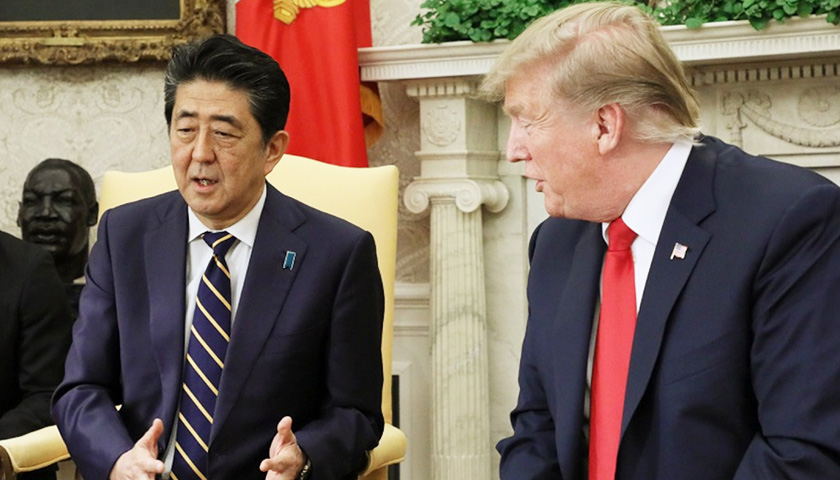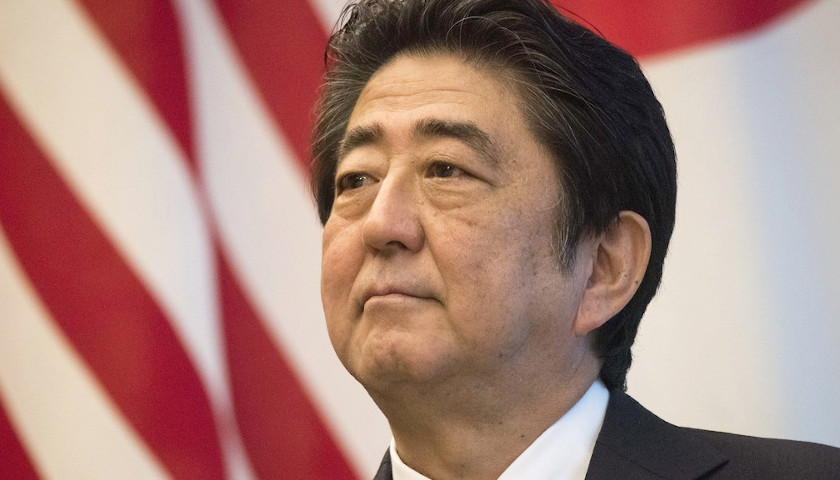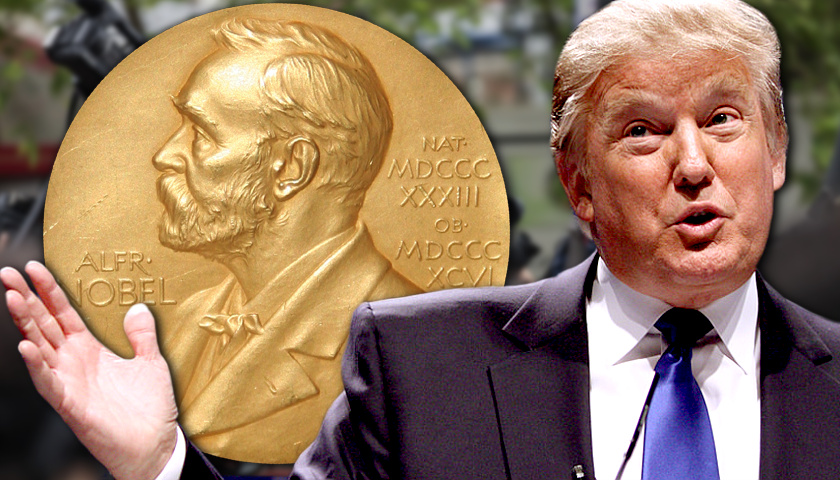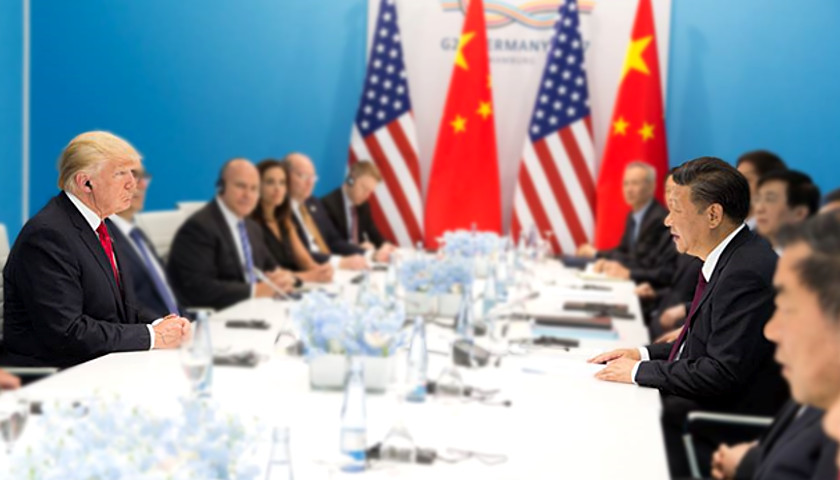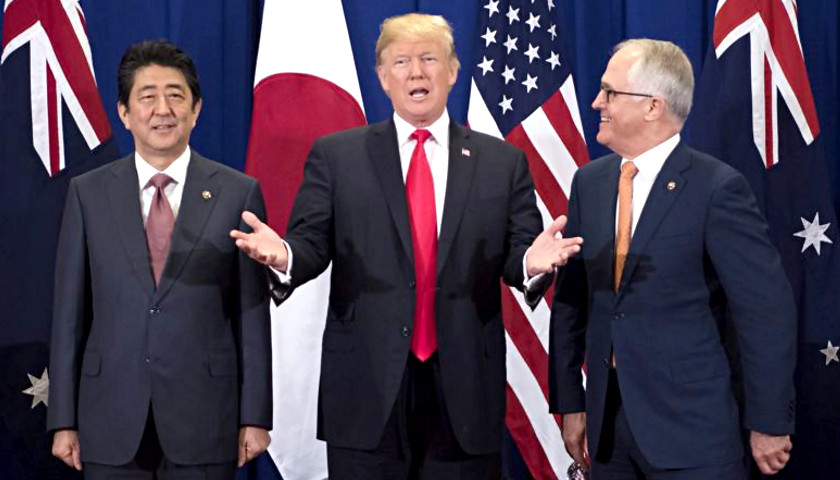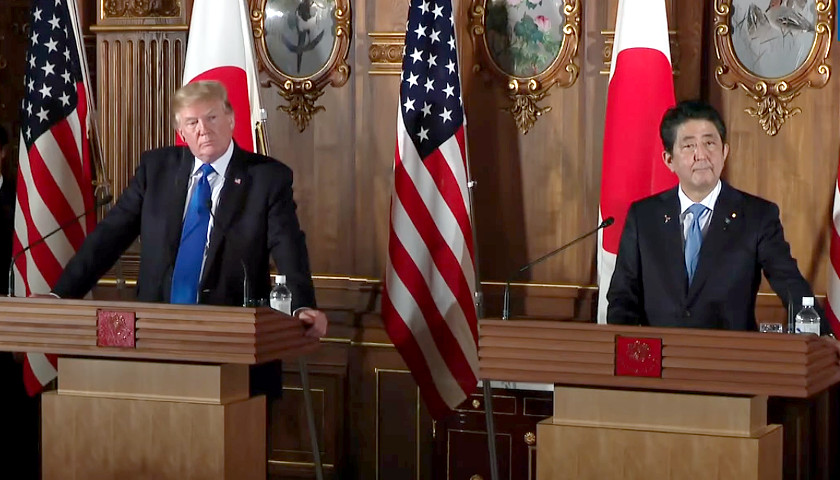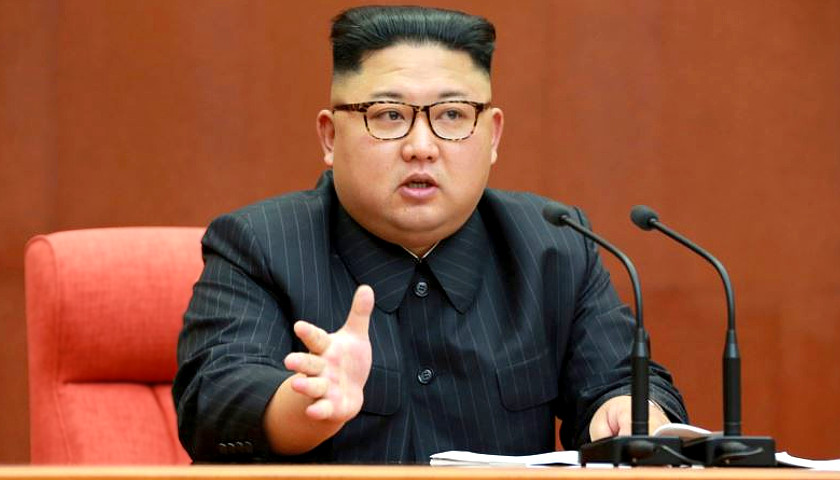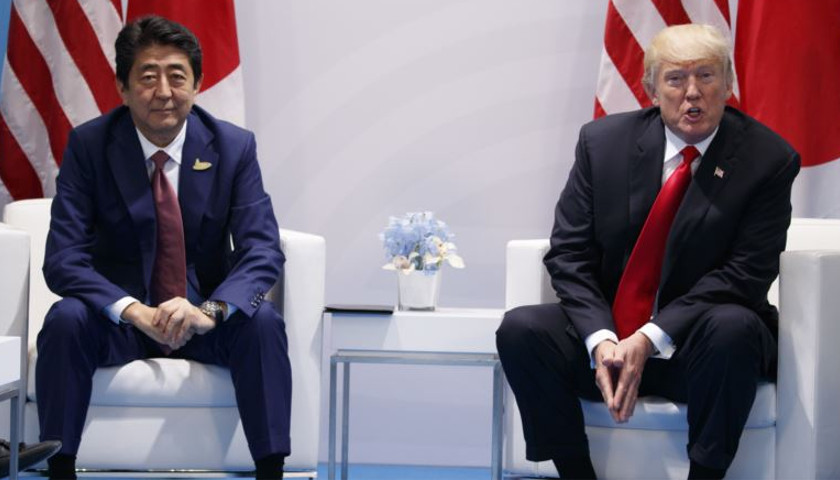By Robert Romano China ($11.2 trillion) and Japan ($4.9 trillion) combined make up 21 percent of the world’s Gross Domestic Product, according to the World Bank, having benefited from preferential treatment in global trade deals, and are still being treated as “developing” nations under world trade rules. At institutions such as the World Trade Organization (WTO), developing economies do not have to play by the same rules on tariffs, subsidies and other trade barriers as developed economies like the U.S. The policy, called “special and differential” treatment, has been a mainstay of world trade rules since at least the Tokyo Round of GATT that began in 1973, when developing economies in the Asia-Pacific region argued for special protections. Back then, the concept was called “non-reciprocity.” It states, “The developed contracting parties do not expect reciprocity for commitments made by them in trade negotiations to reduce or remove tariffs and other barriers to the trade of less-developed contracting parties.” And specifically, that “the less-developed contracting parties should not be expected, in the course of trade negotiations, to make contributions which are inconsistent with their individual development, financial and trade needs, taking into consideration past trade developments.” Now, more than 40 years…
Read the full story

